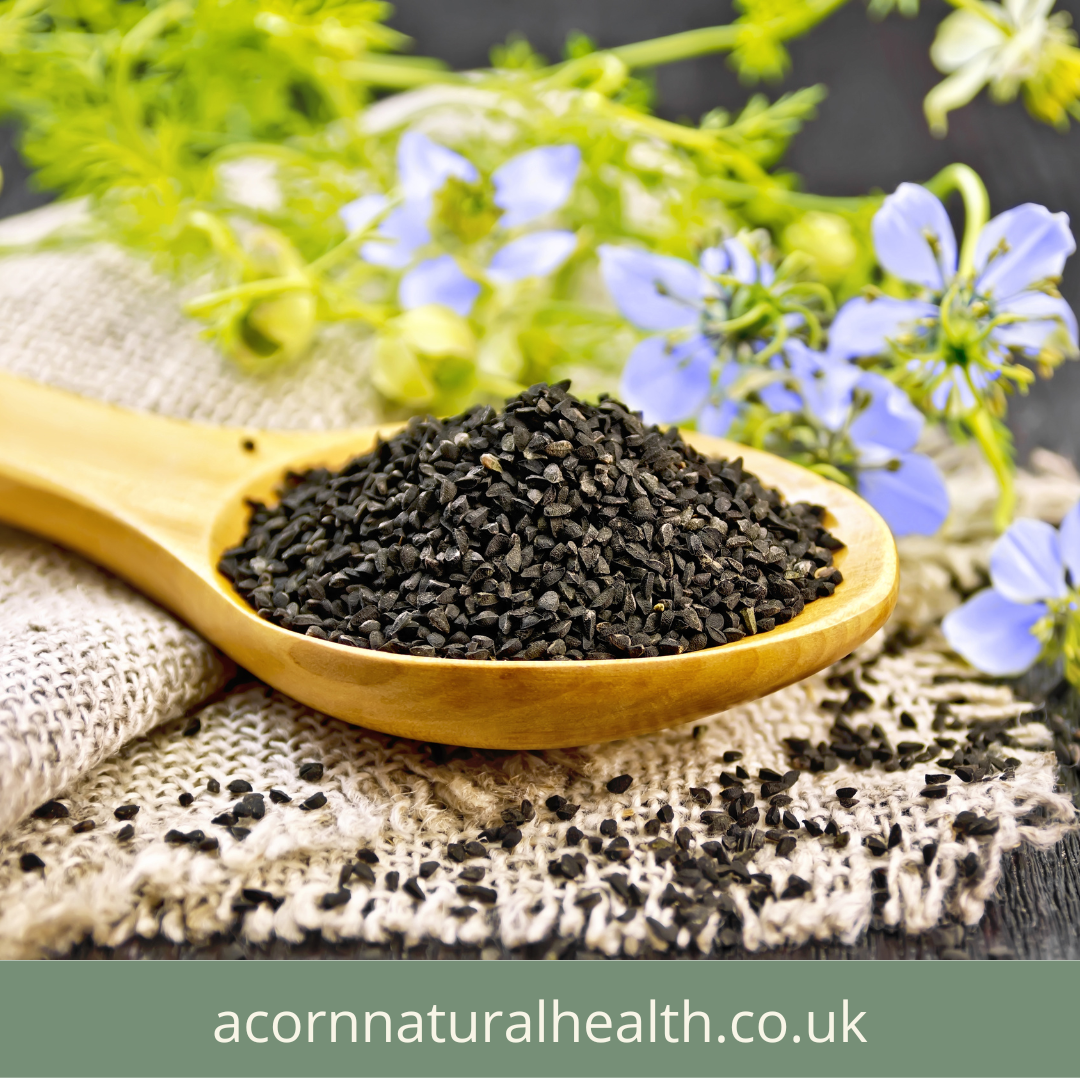This service is designed to meet you exactly where you are on your spiritual journey, offering tailored support to help you awaken, heal, and align with your higher purpose. Whether you’re just beginning your path, working through emotional and energetic challenges, or seeking to fully embody your authentic self, I’m here to guide you with compassion and clarity.

What This Service Offers
• One-Off Sessions: Perfect for gaining clarity and actionable guidance in a single, focused session. We’ll work together to address your immediate concerns, unlock insights, and provide tools for continued growth.
• Transformational Packages: For those seeking deeper exploration and sustained support, our packages are designed to facilitate profound healing and alignment. Together, we’ll navigate your unique journey, step by step, ensuring lasting transformation.
What You’ll Experience
• Personalized guidance to support your spiritual awakening and self-discovery.
• Holistic tools and practices, such as energy healing, mindfulness techniques, and reflective exercises.
• A safe and nurturing space to explore your inner world and connect with your higher self.
• Ongoing support (for package clients) to keep you grounded and focused between sessions.
This service is more than just coaching—it’s a sanctuary for your soul. Whether you’re taking the first steps on your journey or stepping into your higher purpose, you’ll leave each session feeling empowered, aligned, and ready to embrace your next chapter.
Let’s create a path that honors your unique journey.
What Happens in a Typical Session
Each session is a personalized experience, tailored to where you are on your spiritual journey and what you need most in the moment. Here’s what you can expect:
1. Setting the Space
We begin by creating a sacred and calming environment, whether in person or online. This includes grounding practices such as breathwork or a short meditation to help you center yourself and become present.
2. Discussion and Intention Setting
We’ll explore your current challenges, goals, or questions. Together, we’ll set a clear intention for the session, focusing on what you want to gain clarity on, heal, or align with.
3. Holistic Practices and Guidance
Depending on your needs, the session may include:
• Energy Work: Techniques such as Reiki or chakra balancing to clear blockages and restore harmony.
• Spiritual Coaching: Intuitive insights, reflective exercises, or guidance to help you navigate your journey.
• Journaling Prompts or Visualization: Exercises to deepen your understanding and connect with your inner wisdom.
• Breathwork or Meditation: Tools to ground you, release tension, or access higher awareness.
4. Reflection and Integration
At the end of the session, we’ll reflect on what emerged and discuss practical steps or tools to support your growth. You’ll leave with actionable insights, healing practices, or resources to continue your journey.
Post-Session Support (Optional)
For package clients, you will also have access to email check-ins and additional resources to stay aligned between sessions.
Each session is a collaborative and sacred experience, designed to nurture your growth and support your soul’s path.




